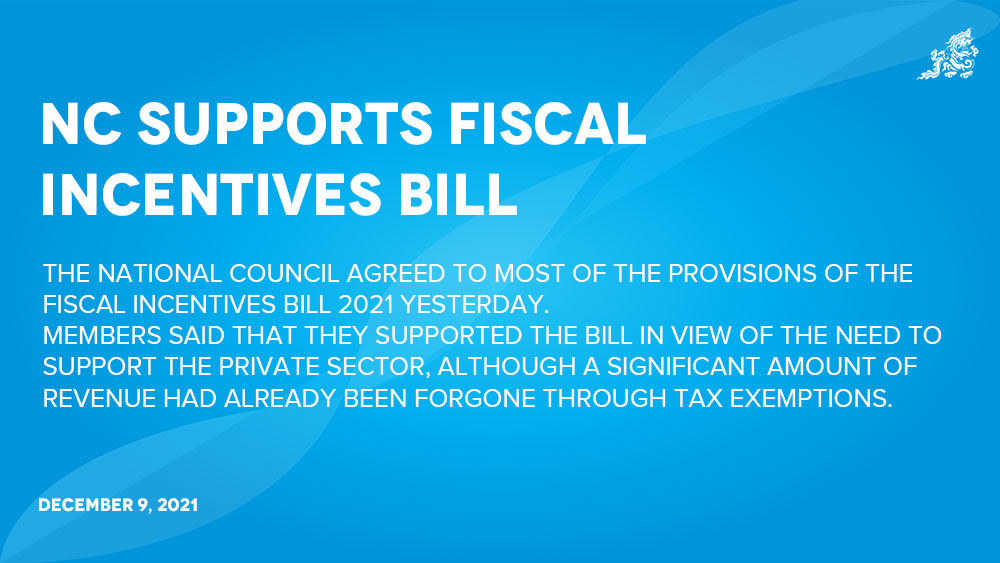MB Subba
The National Council agreed to most of the provisions of the Fiscal Incentives Bill 2021 yesterday.
Members said that they supported the Bill in view of the need to support the private sector, although a significant amount of revenue had already been forgone through tax exemptions.
The government has forgone a total of Nu 6.1 billion (B) in taxes through fiscal incentives since 2010, according to the Ministry of Finance (MoF).
However, members expressed concerns about Section 12(5) of the Bill, which empowers the MoF to grant exemptions under “such other conditions as the ministry thinks fit.”
The member from Zhemgang, Pema Dakpa, said that the provision needed to be removed from the Bill. He reasoned that it would enable the MoF to grant exemptions that are not covered by the Fiscal Incentives Bill.
The member said that the Fiscal Incentives Rules and Regulations in such a case could undermine the Act and invite political corruption.
Similarly, the member from Lhuentse, Tempa Dorji, said that the provision could be misused by the ministry during technical adjustments to the budget. He said that the need for the Act could be questioned if the provision is passed.
The member from Chhukha, Sangay Dorji, said that the provision could undermine the power of Parliament. He also cautioned about the chances of political corruption.
“The country has already had to sacrifice a lot of money through fiscal incentives. We are supporting the exemptions in view of the issues the private businesses and the economy are facing,” he said.
The committee has been asked to revisit a few provisions, including Section 12(5), before the Bill is put to a vote.
In his brief report on the Bill, the chairperson of the House’s Economic Affairs Committee, Ugyen Tshering, said that the committee conducted a meeting with the ministry to clarify some of the issues on the bill.
Finance Minister Namgay Tshering introduced the Bill in the House. The Bill has been passed by the National Assembly as a money Bill.
The finance minister said that the Fiscal Incentives Act was initially enacted in 2010, 2016, and 2017 to stimulate economic growth, private sector development, and employment generation.
He said that loopholes in the past fiscal incentives were closed and that exemptions were need-based.
“There are blanket exemptions in the Bill,” he said.
In one of the new features of the fiscal incentives, the Bill reduces the BIT to 5 percent from 30 percent for small, cottage, and micro businesses in the high-risk zone for the income year 2020-21.


